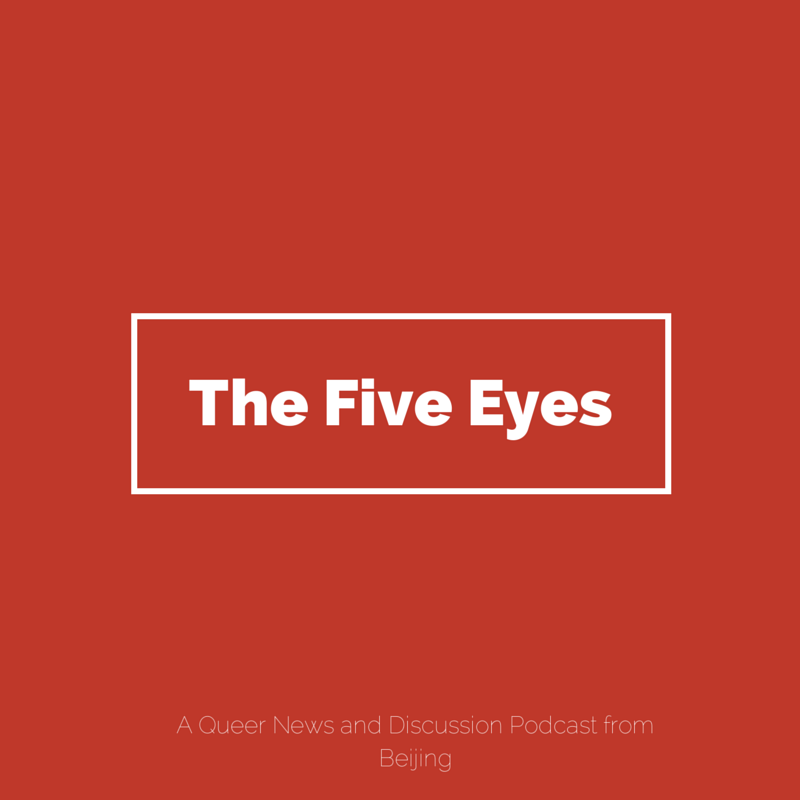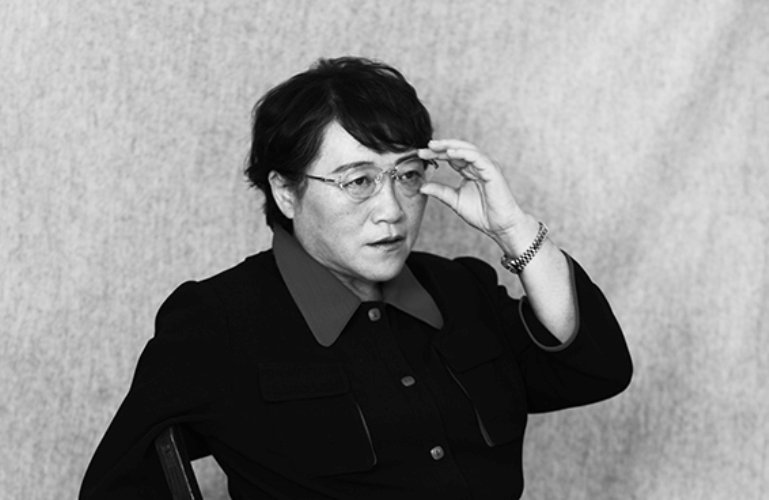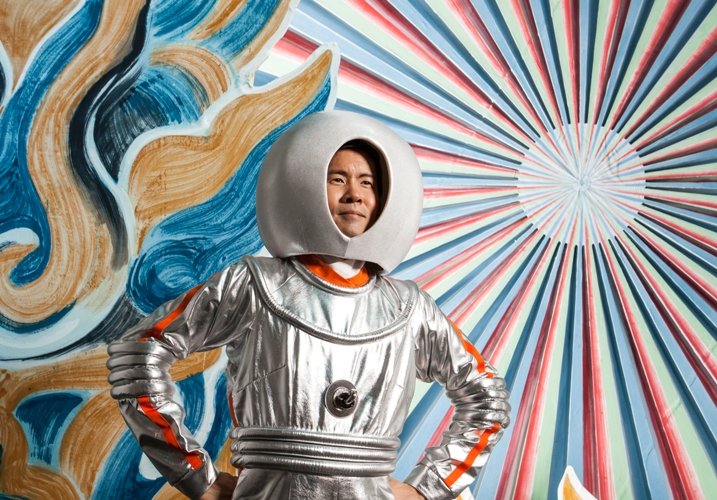2015 was both an awesome and a not-so-awesome year for LGBT rights, events, venues, and people in our fair city. These are the best of Beijing’s LGBT stories and interviews from the 2015.

The Five Eyes
As the Beijing LGBT community became more and more active, a group of Beijing LGBT expats with a passion for debate and knowledge came together on an international podcast, one that started out on the floor gathered around a recorder and has now upgraded to recording at a fully equipped studio, complete with chairs.

John Shen from the Beijing LGBT Center
We talked to John Shen, the Beijing LGBT Center’s program officer, about events and happenings at the center, as well as their struggles. Shen mentioned funding as one of the main pressures, as many Chinese institutions may choose not to donate to an LGBT organization specifically.

Li Yinhe
After rounding up the interview, I turned off my voice recorder, thanked Li Yinhe, and asked her what she has been up to since retiring in 2012. She smiles, and without hesitation tells me she is working on some S&M novels. “Do you know what that is?” she asks.
Li Yinhe, born in Beijing in 1952, is a sociologist, sexologist, and LGBT activist and has studied sexuality in China for over four decades. She is also considered a pioneer of gender studies and advocate of sexual openness in China. She shared with us the huge changes she has seen in China, throughout the entire country as well as within the LGBT community.

Ming Wong
We interviewed Ming Wong, Singaporean queer artist who had his first solo exhibition in Beijing at the UCCA this year.
He credits his identity, and his being “different” as one of his main strengths, as it provides an alternative perspective and provides a distance to be able to oversee from afar. “I’m in Beijing, I’m in China, I’m shooting this stuff, but I’m not a citizen, I’m not a Chinese national. It allows me, because of the way I look, and because I can understand Chinese, to put myself into scenarios so that I can see what’s going on, which maybe my Chinese national friends can’t see themselves as being a part of.”

Adam’s
A new gay bar opened in Sanlitun. It offers a glimmer of hope that one day we will be able to enjoy having a drink on the dank patch that is Sanlitun’s Bar Street, the home of hedonism. In fact, we can now enjoy at least one watering hole there: Adam’s, the strip’s new gay bar.
Even if you’re not part of the LGBT community, this is a good alternative to other bars in the area, as Wong assures us that all of their alcohol is real. That’s a pretty big deal considering everything else on that Bar Street always feels like it burns right through your esophagus.

Peter Le
World-renowned Asian-American bodybuilder, international underwear model, gay adult film producer, adult entertainer, and personality Peter Le graces our fair city with his presence on an annual basis, so we decided to talk to him to find out just how he came to do what he does best: his club appearances at Funky. Of course, we also delved into how his Asian heritage serves him in the industry, in China specifically.
Le was born to Vietnamese parents in California: “Growing up I was bullied because I am Asian. This made me focus on getting stronger, working out, and trying to be more American. Almost like how a football player is built, but I did wrestling. Most Asian kids in high school, they play badminton, so I wanted to do something totally different and be more American. I put my mind to working out and finding the best way to improve my body and my health. It got me to where I am today.”

Elisabeth Engebretsen
Elisabeth Engebretsen’s new book, Queer Women in Urban China, is based on her research in China’s lesbian, or lala, community. The term lala, she writes, is used to “denote women-loving women and their communities and allies,” a word that came from Taiwan and Hong Kong in the late 1990s and is now commonly used in China. We talked to her at The Bookworm about her fieldwork, which she started just over a decade ago, and her thoughts about the future for Beijing’s lalas.

Common Language
The nationwide domestic violence legislation is expected to pass in China within the next year. However, this legislation will not necessarily cover gay couples who are cohabitating, as gay marriage is not recognized in China. We talk to Li Yue and Wangshu at Common Language about their advocacy work towards making nationwide domestic violence legislation LGBT inclusive.
“We focus on sexual orientation and gender identity expression and rights in China, but predominantly focus on LBTI, which is Lesbian, Bisexual, Transgender, and Intersex. We have a very strong gender equality focus in our LBTI movement,” said Wangshu, a member of the organization, describing this grassroots organization.”

Fan Popo
Following news that a Beijing court had accepted his lawsuit, we talked to Fan Popo, the filmmaker behind Mama Rainbow. The film documents mothers’ responses to their children coming out and their unconditional love and support for their children; some mothers are positive from the very beginning, while others’ talk about their transformation and change of attitude.

Beijing Queer Chorus
Founded in 2008, the Beijing Queer Chorus (BJQC), previously known as the Shining Jazzy Chorus, is seven years old this year. We talked to its Chief Executive Director Wang Ruoyu about the choir, its importance to its members, successes, and upcoming shows both at home and abroad.
More stories by this author here.
Email: [email protected]
Instagram: s.xuagram
Photos: the Beijinger


